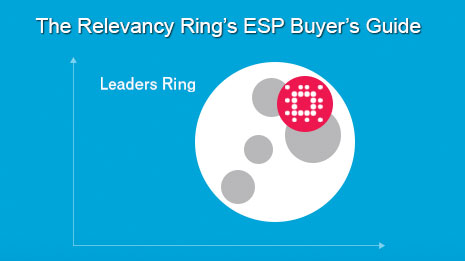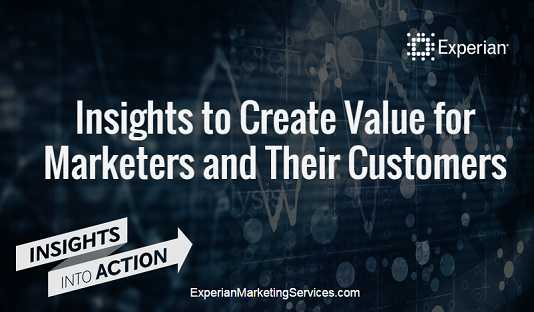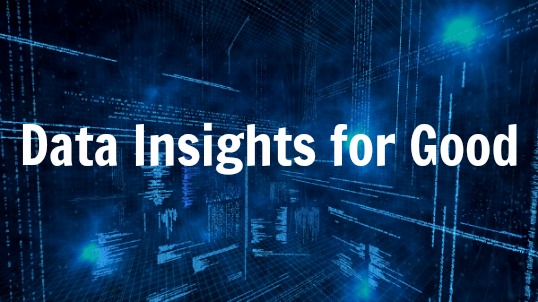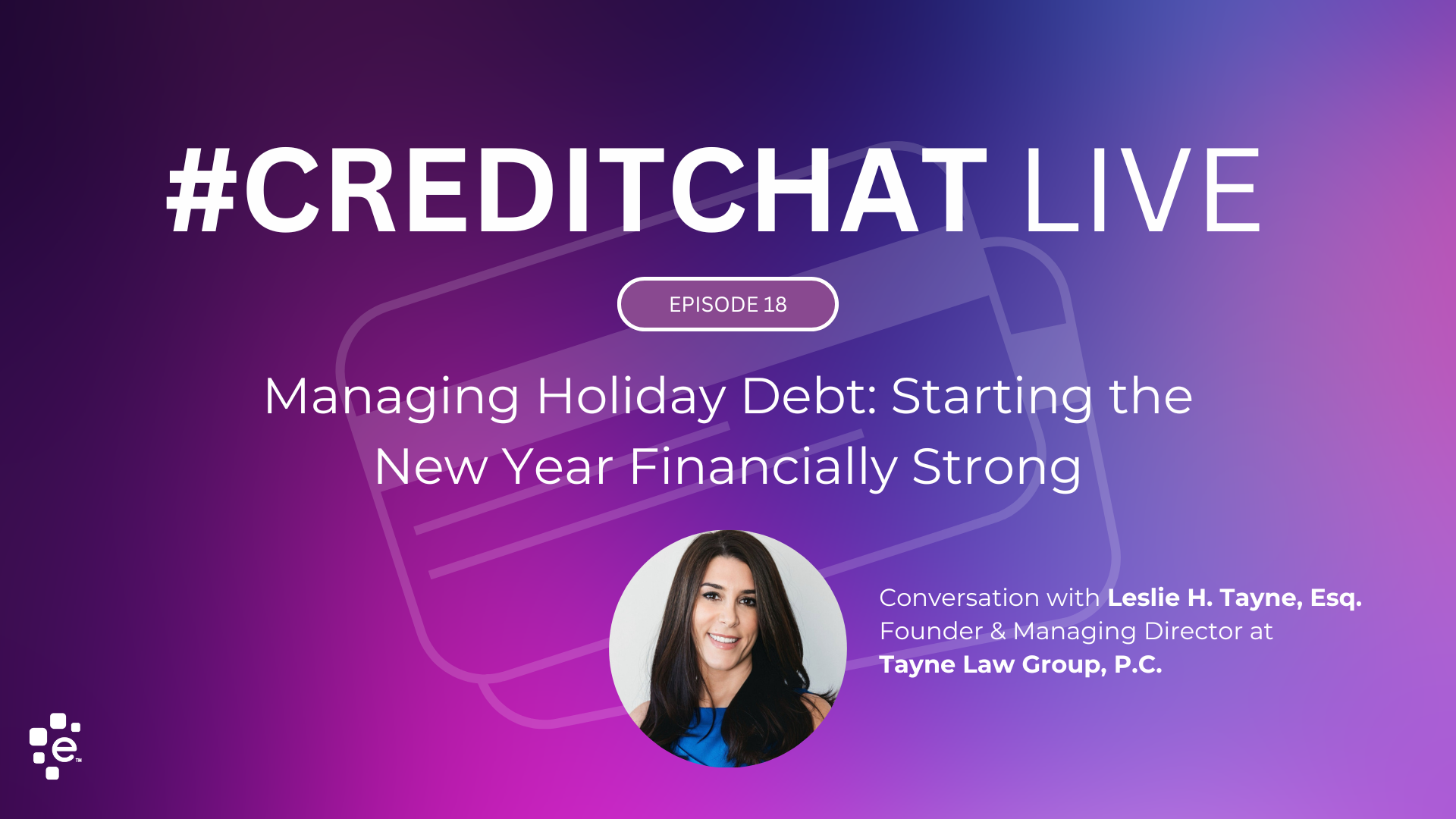Lorem Ipsumis simply dummy text of the printing and typesetting industry. Lorem Ipsum has been the industry’s standard dummy text ever since the 1500s, when an unknown printer took a galley of type and scrambled it to make a type specimen book. It has survived not only five centuries, but also the leap into electronic typesetting, remaining essentially unchanged
Author One

 For the second year in a row, Experian Marketing Services has been named one of the top email service providers (ESPs) in the marketby The Relevancy Group. The Relevancy Ring — ESP Buyer’s Guide 2015 evaluates and ranks ESP vendors according to the satisfaction of several hundred marketers and the vendor’s ability to meet their challenges and goals through product functionality and innovation. The report also cites Experian Marketing Services for excelling in areas such as integration, omnichannel marketing and production services.
For the second year in a row, Experian Marketing Services has been named one of the top email service providers (ESPs) in the marketby The Relevancy Group. The Relevancy Ring — ESP Buyer’s Guide 2015 evaluates and ranks ESP vendors according to the satisfaction of several hundred marketers and the vendor’s ability to meet their challenges and goals through product functionality and innovation. The report also cites Experian Marketing Services for excelling in areas such as integration, omnichannel marketing and production services.

Launch of AdTruth Resolve simplifies cross-device audience management for marketers Experian Marketing Services today introduced AdTruth Resolve, a new technology designed to simplify the process of recognizing and engaging audiences across all devices and environments. AdTruth Resolve is designed for the multinational marketer that struggles to make smarter, more data-driven business decisions and keep up with today’s mobile-first consumer. AdTruth Resolve provides marketers with the means to reconcile and associate their existing digital identifiers — including cookies, device IDs, IP addresses and more — and then leverage that consolidated intelligence for visibility across devices. AdTruth Resolve represents another milestone in Experian Marketing Services’ long-term strategy to provide marketers with a ubiquitous, consistent and persistent link across all channels as part of the Experian Marketing Suite. Powered by a three-tiered identity-management framework, the Experian Marketing Suite’s Identity Manager gives marketers everything they need to persistently, accurately, effectively and respectfully recognize, resolve and reach consumers across all devices in all digital environments.

 Years ago, when data was the shiny new object, people talked a lot about it being organized into useful information that could drive actionable insights. It sounded great at the time. Unfortunately, at that time (and we’re talking about the late 90s and early 00s) the promise far outstripped the reality. However, in the past five years the responsible collection and usage of data has significantly evolved.
In fact, we see that 95 percent of companies feel driven to turn data into insight to understand their customer needs, find new customers and increase the value of each client. Today, successful businesses are drawing meaningful insights from data to impact almost every aspect of business operations.
Years ago, when data was the shiny new object, people talked a lot about it being organized into useful information that could drive actionable insights. It sounded great at the time. Unfortunately, at that time (and we’re talking about the late 90s and early 00s) the promise far outstripped the reality. However, in the past five years the responsible collection and usage of data has significantly evolved.
In fact, we see that 95 percent of companies feel driven to turn data into insight to understand their customer needs, find new customers and increase the value of each client. Today, successful businesses are drawing meaningful insights from data to impact almost every aspect of business operations.

 Experian announced today that its 34th annual Vision Conference will challenge attendees to “Think Big,” focusing on data- and analytics-driven solutions to attain quality business growth.
One of the industry’s leading events, Vision 2015 will feature Earvin “Magic” Johnson, Jr., legendary NBA athlete and businessman; Dr. Madeleine K. Albright, former U.S. Secretary of State; and James W. Paulsen, Chief Investment Strategist at Wells Capital Management, as keynote speakers. Vision 2015 will be held May 3–6 at the Gaylord National Resort in the Washington, D.C. Area.
Experian announced today that its 34th annual Vision Conference will challenge attendees to “Think Big,” focusing on data- and analytics-driven solutions to attain quality business growth.
One of the industry’s leading events, Vision 2015 will feature Earvin “Magic” Johnson, Jr., legendary NBA athlete and businessman; Dr. Madeleine K. Albright, former U.S. Secretary of State; and James W. Paulsen, Chief Investment Strategist at Wells Capital Management, as keynote speakers. Vision 2015 will be held May 3–6 at the Gaylord National Resort in the Washington, D.C. Area.

 Every day, 2.5 quintillion bytes of data are created – in fact, 90% of the world’s data was created in only the last few years. With the staggering amount of data available, we have an unprecedented opportunity to uncover new insights and improve the way our world functions. The implications of these new capabilities are perhaps nowhere else as crucial as within our government.
Public sector officials carry the great responsibility of conducting complex missions that directly affect our communities, our economy, and our nation’s future. The ability to make more informed, insightful choices and better decisions is paramount. Especially at a time of broader global unrest and uncertainty, Americans rely on our government to be transparent, fair, ready and to make the right decisions – our trust is in the hands of our elected officials and public servants.
Every day, 2.5 quintillion bytes of data are created – in fact, 90% of the world’s data was created in only the last few years. With the staggering amount of data available, we have an unprecedented opportunity to uncover new insights and improve the way our world functions. The implications of these new capabilities are perhaps nowhere else as crucial as within our government.
Public sector officials carry the great responsibility of conducting complex missions that directly affect our communities, our economy, and our nation’s future. The ability to make more informed, insightful choices and better decisions is paramount. Especially at a time of broader global unrest and uncertainty, Americans rely on our government to be transparent, fair, ready and to make the right decisions – our trust is in the hands of our elected officials and public servants.
In this article…
First Heading
Lorem Ipsumis simply dummy text of the printing and typesetting industry. Lorem Ipsum has been the industry’s standard dummy text ever since the 1500s, when an unknown printer took a galley of type and scrambled it to make a type specimen book. It has survived not only five centuries, but also the leap into electronic typesetting, remaining essentially unchanged
It was popularised in the 1960s with the release of Letraset sheets containing Lorem Ipsum passages, and more recently with desktop publishing software like Aldus PageMaker including versions of Lorem Ipsum.
Why do we use it?
It is a long established fact that a reader will be distracted by the readable content of a page when looking at its layout. The point of using Lorem Ipsum is that it has a more-or-less normal distribution of letters, as opposed to using ‘Content here, content here’, making it look like readable English. Many desktop publishing packages and web page editors now use Lorem Ipsum as their default model text, and a search for ‘lorem ipsum’ will uncover many web sites still in their infancy. Various versions have evolved over the years, sometimes by accident, sometimes on purpose (injected humour and the like).
It was popularised in the 1960s with the release of Letraset sheets containing Lorem Ipsum passages, and more recently with desktop publishing software like Aldus PageMaker including versions of Lorem Ipsum.
Why do we use it?
It is a long established fact that a reader will be distracted by the readable content of a page when looking at its layout. The point of using Lorem Ipsum is that it has a more-or-less normal distribution of letters, as opposed to using ‘Content here, content here’, making it look like readable English. Many desktop publishing packages and web page editors now use Lorem Ipsum as their default model text, and a search for ‘lorem ipsum’ will uncover many web sites still in their infancy. Various versions have evolved over the years, sometimes by accident, sometimes on purpose (injected humour and the like).
Second Heading
It was popularised in the 1960s with the release of Letraset sheets containing Lorem Ipsum passages, and more recently with desktop publishing software like Aldus PageMaker including versions of Lorem Ipsum.

Where can I get some?
There are many variations of passages of Lorem Ipsum available, but the majority have suffered alteration in some form, by injected humour, or randomised words which don’t look even slightly believable. If you are going to use a passage of Lorem Ipsum, you need to be sure there isn’t anything embarrassing hidden in the middle of text. All the Lorem Ipsum generators on the Internet tend to repeat predefined chunks as necessary, making this the first true generator on the Internet. It uses a dictionary of over 200 Latin words, combined with a handful of model sentence structures, to generate Lorem Ipsum which looks reasonable.
There are many variations of passages of Lorem Ipsum available, but the majority have suffered alteration in some form, by injected humour, or randomised words which don’t look even slightly believable. If you are going to use a passage of Lorem Ipsum, you need to be sure there isn’t anything embarrassing hidden in the middle of text. All the Lorem Ipsum generators on the Internet tend to repeat predefined chunks as necessary, making this the first true generator on the Internet. It uses a dictionary of over 200 Latin words, combined with a handful of model sentence structures, to generate Lorem Ipsum which looks reasonable. The generated Lorem Ipsum is therefore always free from repetition, injected humour, or non-characteristic words etc.
Author test
Buttons margin test
